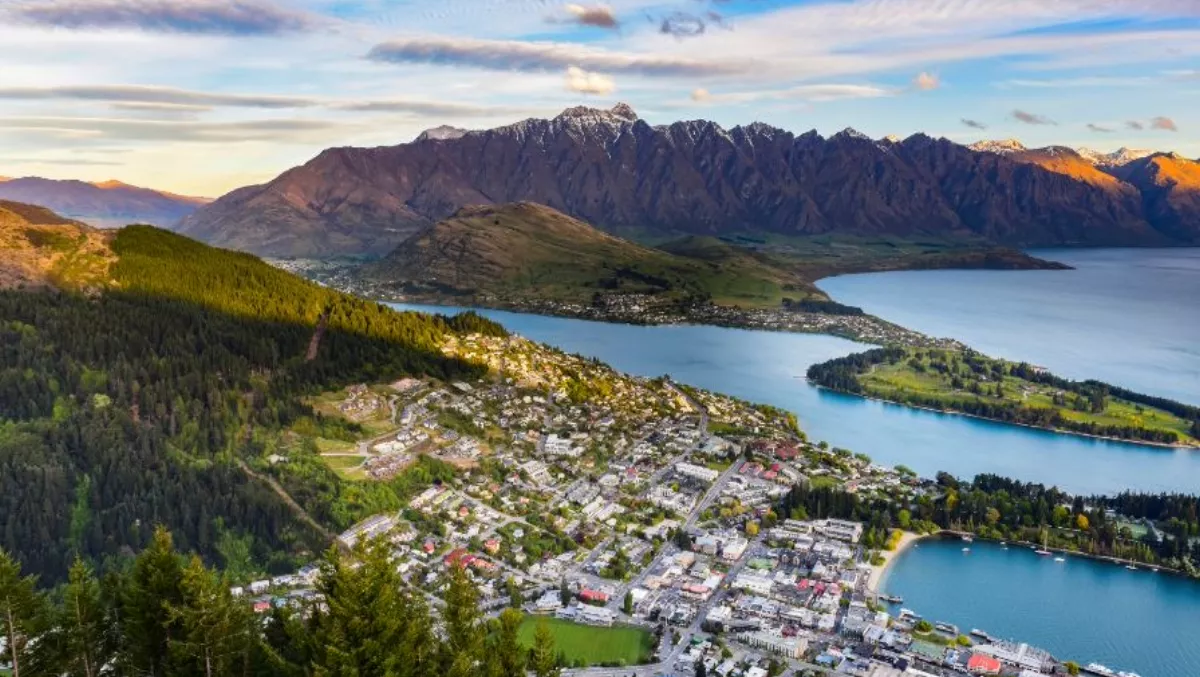
Exclusive Q&A: Is New Zealand innovating on a global stage?
Agriculture, forestry and tourism are New Zealand's largest industries, however being a relatively small country in terms of population and land mass it means there are limitations on their potential growth.
There are no limits on clever ideas and finding solutions to real-life problems, to which New Zealand has historically applied a 'number 8 wire' approach.
This inventiveness, borne out of having to make do with sometimes very basic materials, has helped create a national psyche of practical, problem-solvers from Bruce McLaren, driver and founder of the McLaren Formula One Team to William Hamilton, who developed the modern jet boat.
I recently had the opportunity to discuss this trend of innovation with Dyson senior design engineer Glyn Rees-Jones.
How is NZ doing, in terms of innovation and design, on the global stage?
The results of Kiwi innovation, clever design and engineering can be seen with the current global success of companies like Team New Zealand, Rocket Lab and Xero.
Team New Zealand's radical bicycle grinding system, Xero's time-saving accounting software for SME's and Rocket Lab's mission to remove the barriers to commercial space by providing frequent launch opportunities to low Earth orbit are all examples of taking a problem and approaching it in a different way to find a new and better solution to what has gone before.
What's our reputation for innovation and design internationally?
New Zealanders are generally a humble bunch so we tend to let our work do the talking but I'd say we're pretty well regarded internationally. For example, there are a bunch of us Kiwis working in different areas of design and engineering at Dyson, which is a world-leading organisation in its field.
Is there anything we're doing really well here? (e.g. research, training, funding, marketing, particular sectors etc.)
There are some really good design and engineering courses that turn out graduates who go on to have successful careers in New Zealand and internationally. I'm an alumnus of School of Design Victoria University in Wellington myself, where I studied Industrial Design.
How can NZ designers and companies leverage this?
At Dyson, we believe that ideas need research, design and development and we have over 1,000 engineers and scientists in Britain, Singapore and Malaysia who are dedicated to inventing and improving Dyson machines.
Investing in this research, design and development is crucial to the success of New Zealand companies as is finding solutions not only to today's problems but to the problems of the future.
How does the James Dyson Award support innovation and design in New Zealand?
the James Dyson award celebrates and inspires the next generation of designers and engineers. the competition recognises ingenious designers and engineers who challenge the status quo and do more with less. the best inventions are often the simplest, yet provide an intelligent solution to a real-world problem.
the winners will gain international exposure through the competition with the international winner receiving nzd$55,000 prize money to develop their idea and the national winner nz$3,500. winning the national or international categories can provide a fantastic springboard to a young designer or engineer's career.


